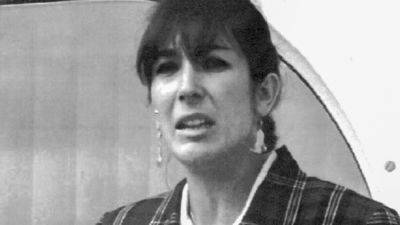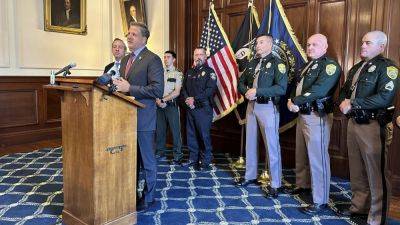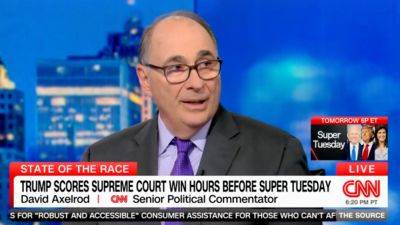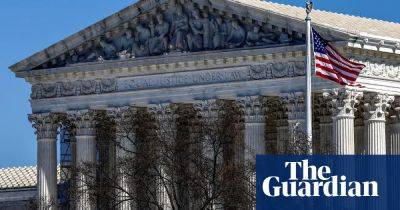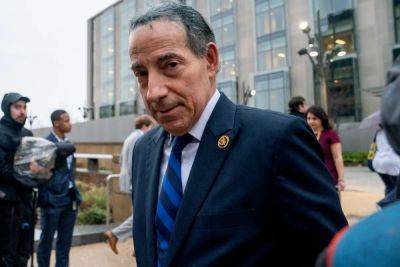Quebec court ruling on secularism law fuels debate on notwithstanding clause
Hours after Quebec’s highest court upheld his state secularism law, Premier François Legault was triumphant.
The decision was “a great victory for the nation of Quebec,” he said in a brief statement to reporters Thursday. And he would not shy away from using the Charter of Rights and Freedoms’ notwithstanding clause — which he now prefers to call the “parliamentary sovereignty clause” — to ensure Canada respects the choices of Quebecers, he promised.
But the Court of Appeal’s endorsement of the government’s use of the clause — which allows governments to override fundamental Charter rights — is sparking new debate about the place of the constitutional provision.
The use of the notwithstanding clause to shield the law, known as Bill 21, from court challenges was a key element of the Appeal Court decision, said Louis-Philippe Lampron, a Université Laval law professor. All the arguments put forward by the law’s opponents were about ways of getting around the clause, he said.
Lampron said the rebranding of the notwithstanding clause as the “parliamentary sovereignty clause” by the Legault government is “highly problematic.”
“It’s as if we aren’t talking about suspending fundamental rights,” he said. “Talking about parliamentary sovereignty seems to lessen the seriousness of this act, which puts determining the acceptable limits of fundamental rights solely in the hands of elected officials.”
The Appeal Court upheld almost every aspect of the law, which bans teachers, police officers, jail guards and judges from wearing religious symbols on the job, striking down an exemption for English school boards carved out by a lower court judge. Only a provision banning members of the province’s national assembly from wearing face coverings


